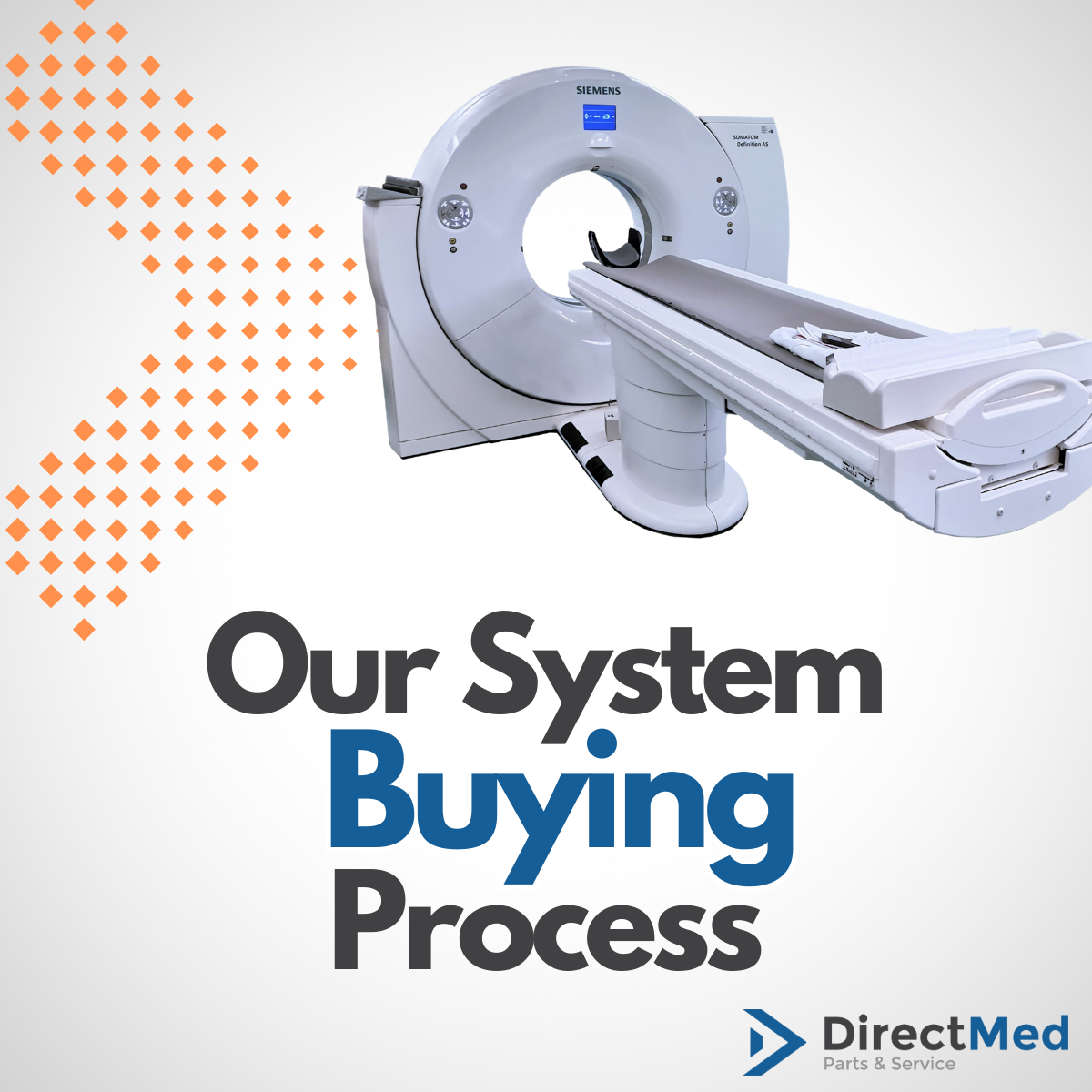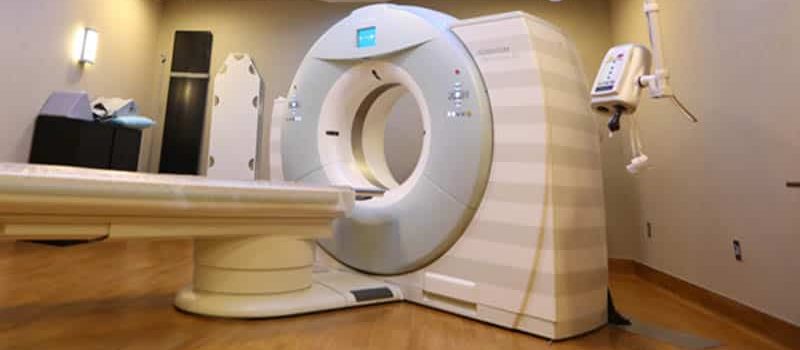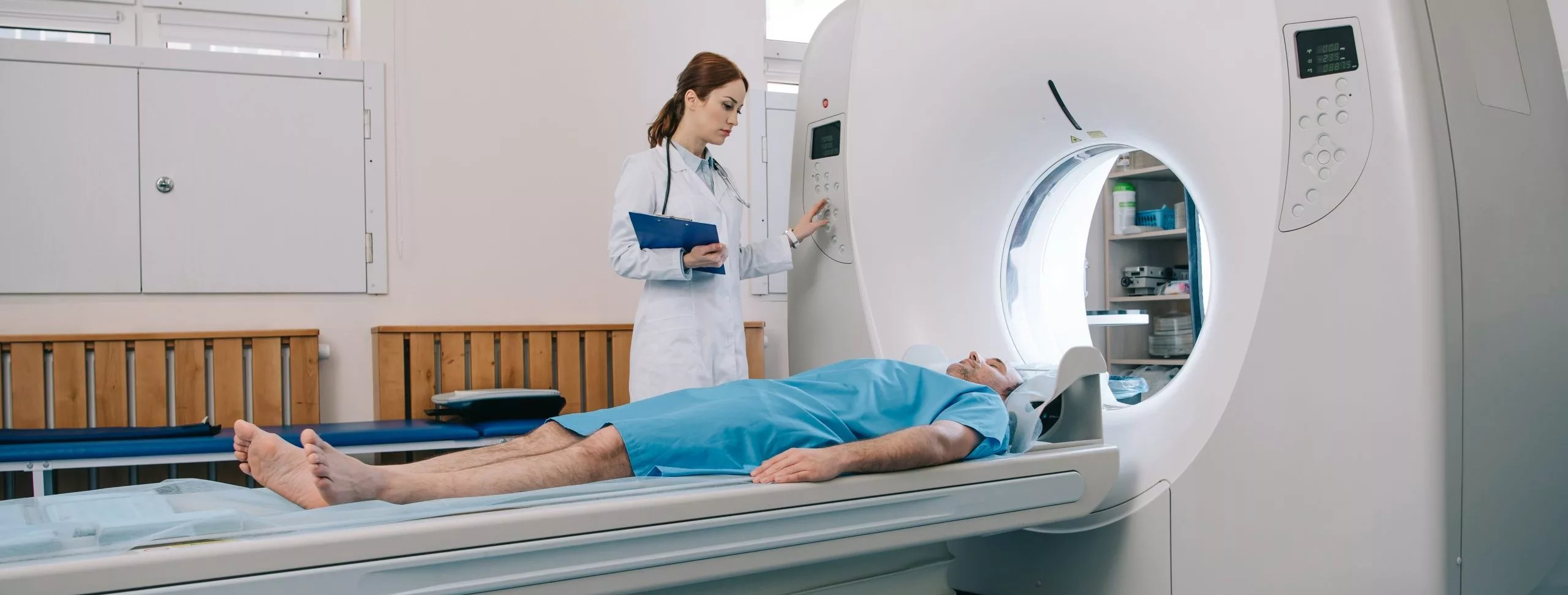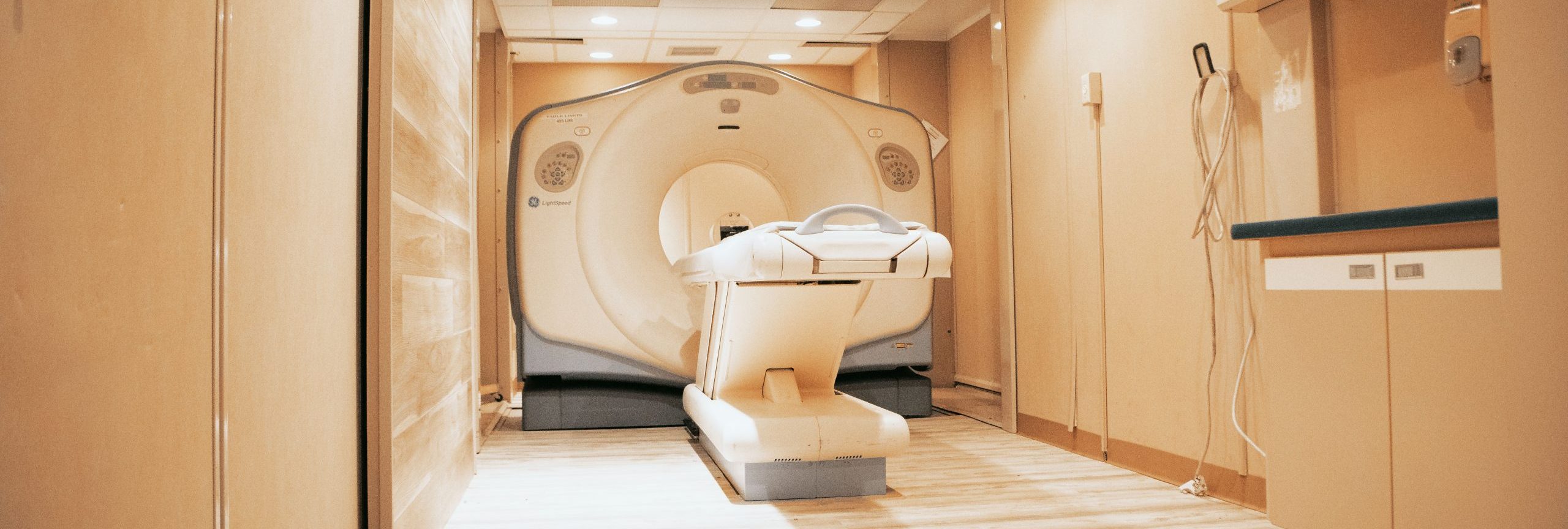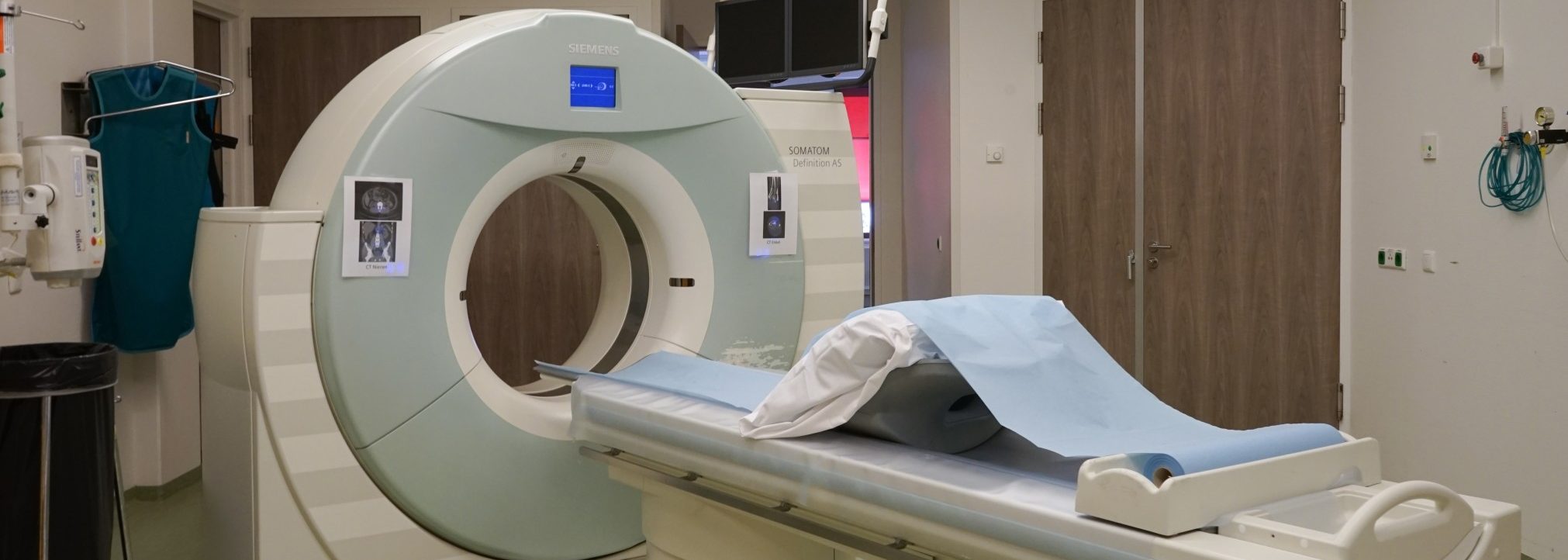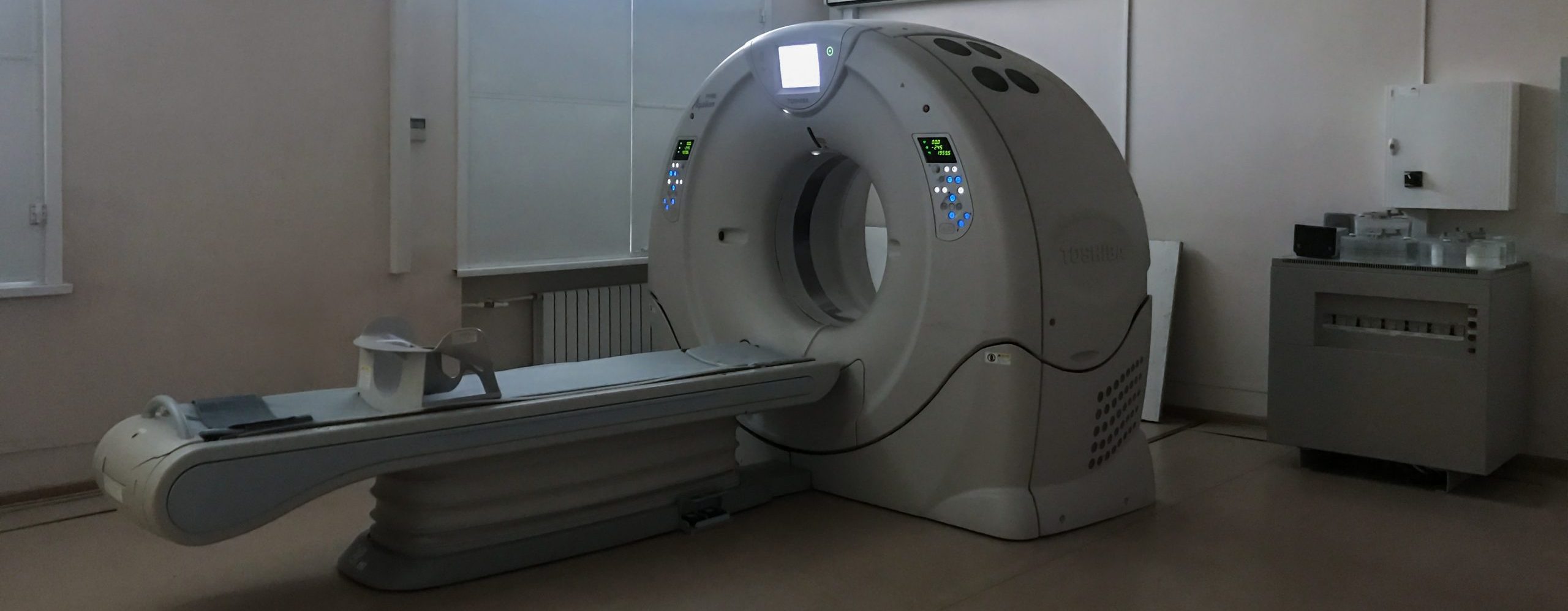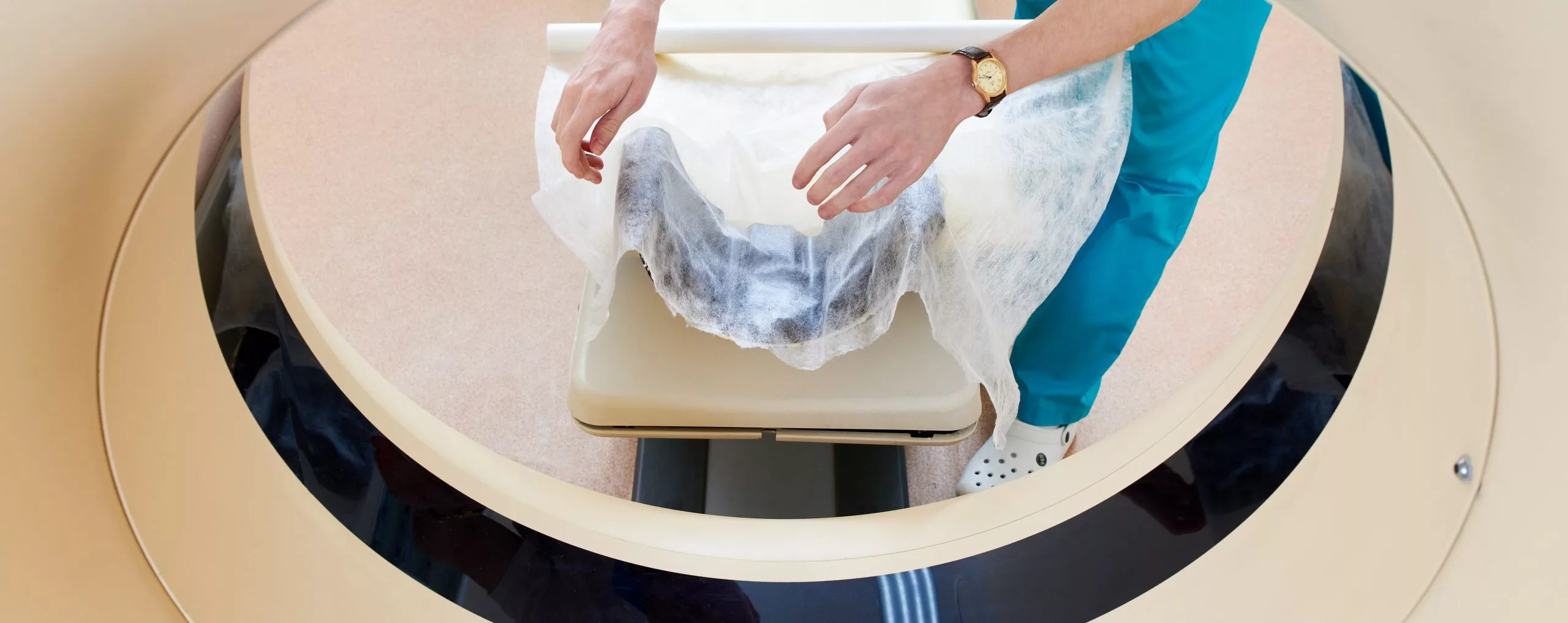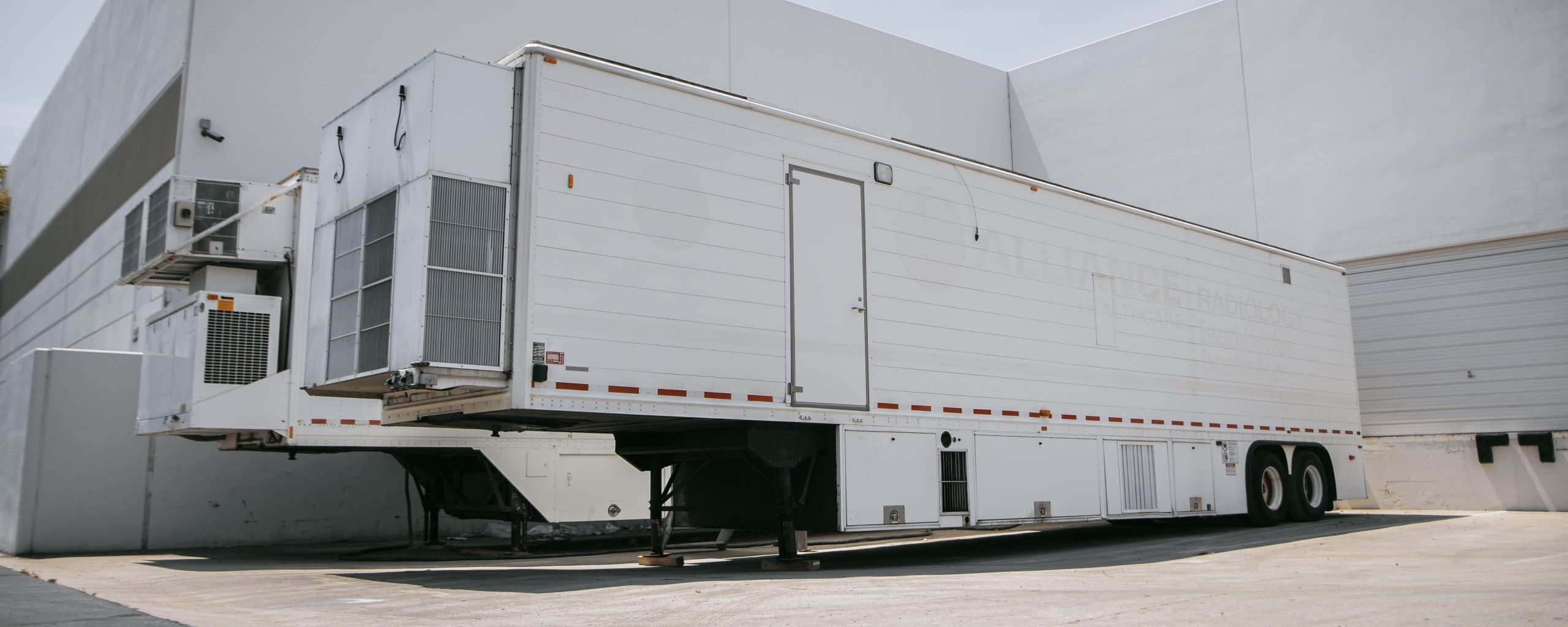Over 80 million CT scan procedures are performed in the United States each year, compared to 3 million in 1980. This is for a good reason—CT scanning and nuclear imaging have significantly changed the practice of medicine. Instead of exploratory surgeries and other invasive procedures, a CT scan can identify the presence, location, and extent of the disease.
The benefits of an appropriate CT scan far outweigh any risk. However, with an increase in the utilization of a radiation-based medical technique, there is a concern about the general population’s radiation exposure.
CT Procedures and Radiation Exposure
Whenever you get an x-ray, CT, or other nuclear imaging procedures, you are exposed to ionizing radiation. These energy wavelengths penetrate tissue and produce images to reveal the state of your internal organs. Ionizing radiation can damage DNA, but your cells are usually able to repair most of that damage. Radiation exposure is measured in units called millisieverts.
Humans are exposed to small doses of radiation every day, mainly from the sun, at an average of 3 millisieverts (mSv) per year. Overall, radiation exposure in the United States population has doubled due to the increasing use of medical imaging. Today, CT scans alone account for 24% of all ionizing radiation exposure in the country.
Here are average radiation doses for common medical imaging procedures:
Chest x-ray – 0.02 mSv
Head CT – 2 mSv
Spinal and pelvic CT – 6 mSv
Chest CT – 7 mSv
Colonoscopy CT – 10 mSv
Angiogram CT – 16 mSv
Nuclear imaging is a relatively new medical technology, so there is little data available regarding exact risk estimates for radiation exposure experienced during CT procedures. For any one person, the risk of radiation-induced cancer (1 in chance in 2000 for every 10 mSv) is much smaller than the natural risk of cancer (400 chances in 2000).
Radiation specialists recognize the need to minimize radiation exposure during CT procedures. New strategies are being adopted to reduce patient dose while maintaining high-quality images for diagnostic purposes.
Here are five simple steps being implemented in medical facilities worldwide:
-
Acquiring More Sensitive CT Equipment
Nuclear medicine imaging equipment of the highest quality and highest sensitivity can produce good diagnostic images while using smaller radiation doses. Each scanner must be tuned to achieve the goal of dose reduction.
-
Decreasing Scan Length
Radiation dose is directly proportional to the length of time the patient is in the scanner. Technicians make sure that only the anatomy of clinical interest is included in the scan, nothing more and nothing less. Limiting scan length and the number of phases significantly reduce CT doses.
-
Limiting Multi-Phase Examinations
Whenever possible, no-contrast CT procedures should be eliminated during the diagnostic process. No-contrast scans provide very little additional information and only increase radiation exposure and add to the patient cost. As much as possible, multi-phase examinations should be eliminated.
-
Iterative Reconstruction (IR) Software
Iterative Reconstruction is a method that reduces CT radiation doses by up to 50%. New reconstruction algorithms can help improve image quality even with much lower radiation doses.
-
Overhauling CT Protocols
CT dose management requires dedicated focused leadership. All radiology team members and the medical facility need to agree that dose reduction is a major goal, and all staffers must be informed of new strategies and protocols.
Conclusion
All humans are exposed to radiation every day, and it causes little to no harm. However, if you have an illness that requires multiple CT scans, the radiation dose is a significant concern.
Fortunately, hospitals and medical facilities all over the world are implementing new strategies and developing new software to reduce CT doses for all patients.
DirectMed Parts provides excellent service. We specialize in MRI and CT parts and coils. We are the most trusted and knowledgeable source for medical imaging parts and resources, serving thousands of sites over the last ten years. We are available 24 hours a day, seven days a week. Contact us today!

